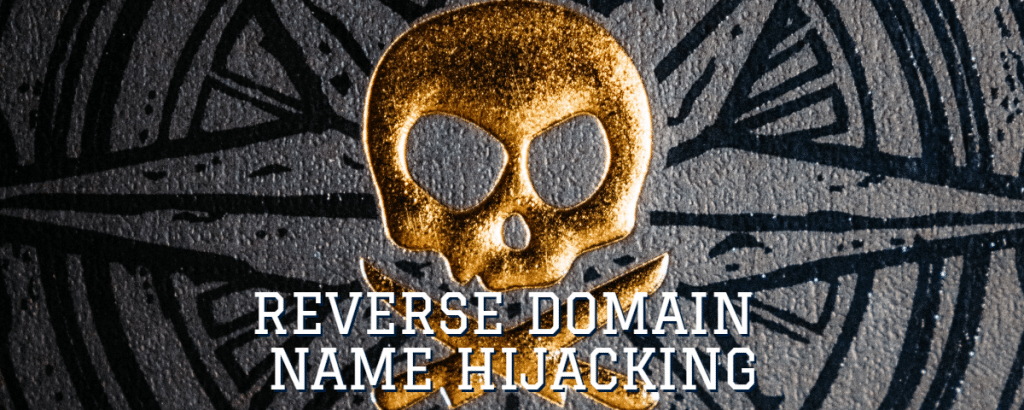And you won’t believe the law firm’s connection to UDRP.

A property developer in Dubai has committed its third reverse domain name hijacking attempt (pdf), and its counsel should know better.
Majid Al Futtaim Properties LLC filed a cybersquatting dispute against matajer.com. It claims it started using the Matajer brand for shopping malls in 2011.
But matajer refers to an Arabic word that means “shops”. And the registrant of matajer.com registered the domain in 1999, well before the Complainant started using the term in its marketing.
In other words, this case was dead on arrival. Panelist Andrew D. S. Lothian found that it was filed in bad faith.
Last month, the Complainant was found to have tried to reverse hijack matajer.net. In 2021, it tried to reverse hijack citycentre.com.
So, does Majid Al Futtaim Properties Llc’s law firm just not know what it’s doing? That would be surprising. Talal Abu Ghazaleh Legal in Egypt represented the company. The firm’s founder is the chair of two non-profit organizations that formed The Arab Center for Dispute Resolution (ACDR), an ICANN-accredited UDRP forum.
Although there is no financial penalty for reverse domain name hijacking in UDRP cases, there could be a small repercussion for this third strike. In the 2012 new top level domain expansion round, there was a rule that companies that had filed three RDNH cases couldn’t apply for a domain. So if the Complainant ever thought about applying for a new TLD, it might be out of luck.
It’s possible that the Complainant will have other reverse domain name hijacking findings against it shortly. Believe it or not, the company has a pending case against the domain MallGiftCard.com.






The same founder decides the disputes of others while tries to abuse the dispute system. Nice.
If there are no consequences in “stealing”,then just try again and again
“And you won’t believe the law firm’s connection to UDRP.”
Of course one would. Having been found liable for patent infringement didn’t stop the NAF/ADRForum from becoming one either.
ICANN takes a “hire a crook to catch a crook” attitude toward intellectual property enforcement in the domain name space.